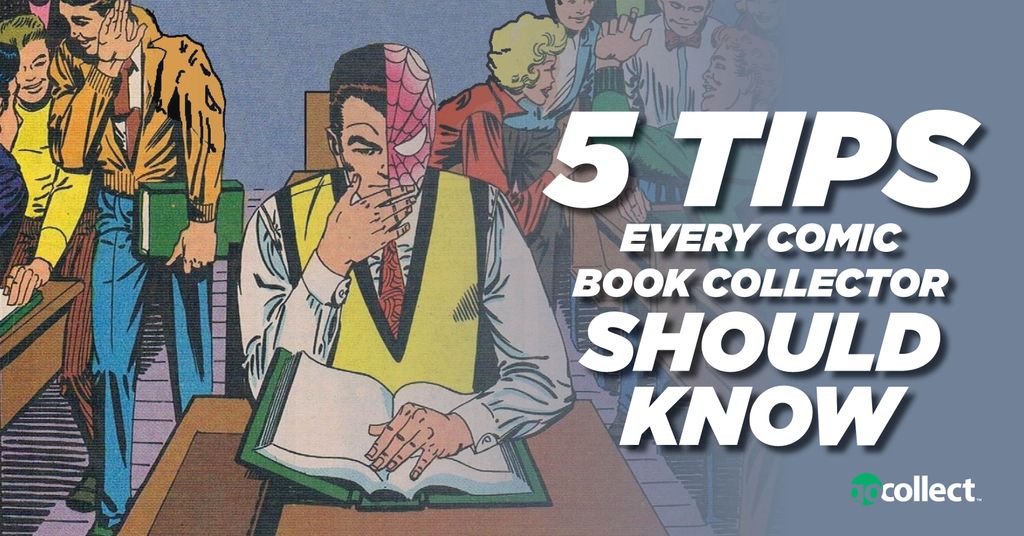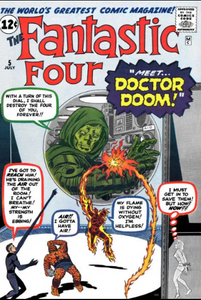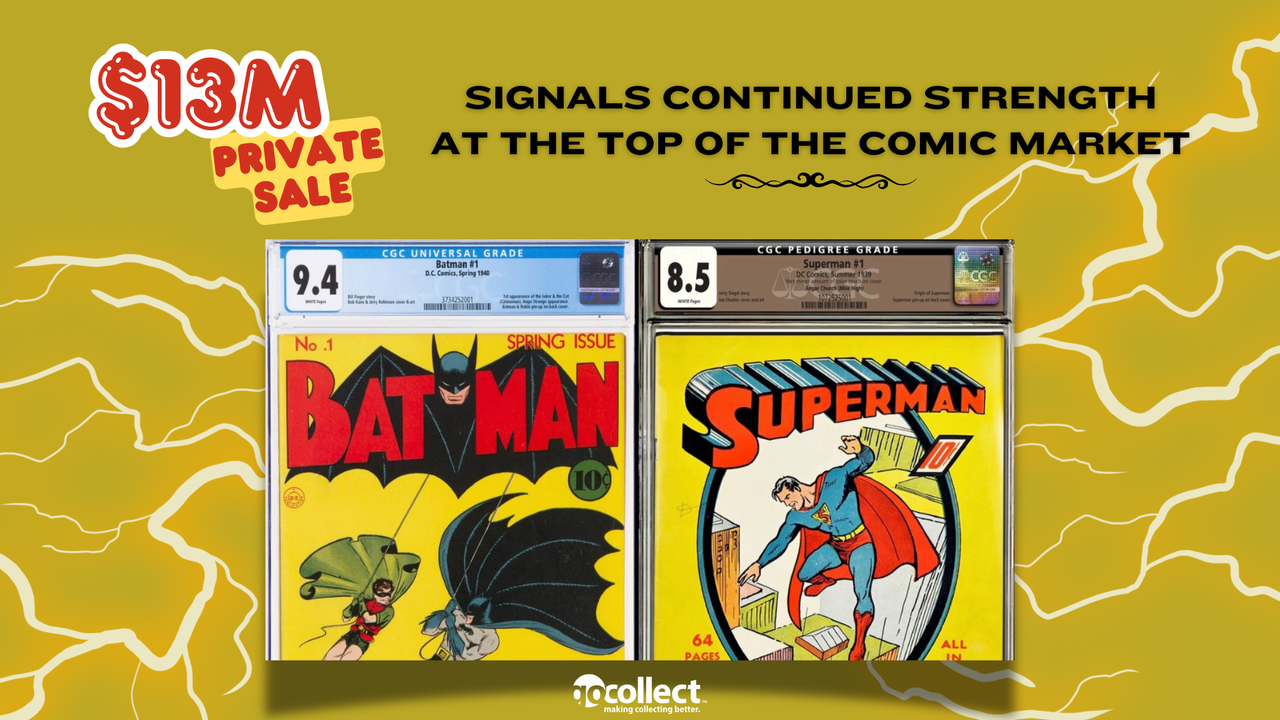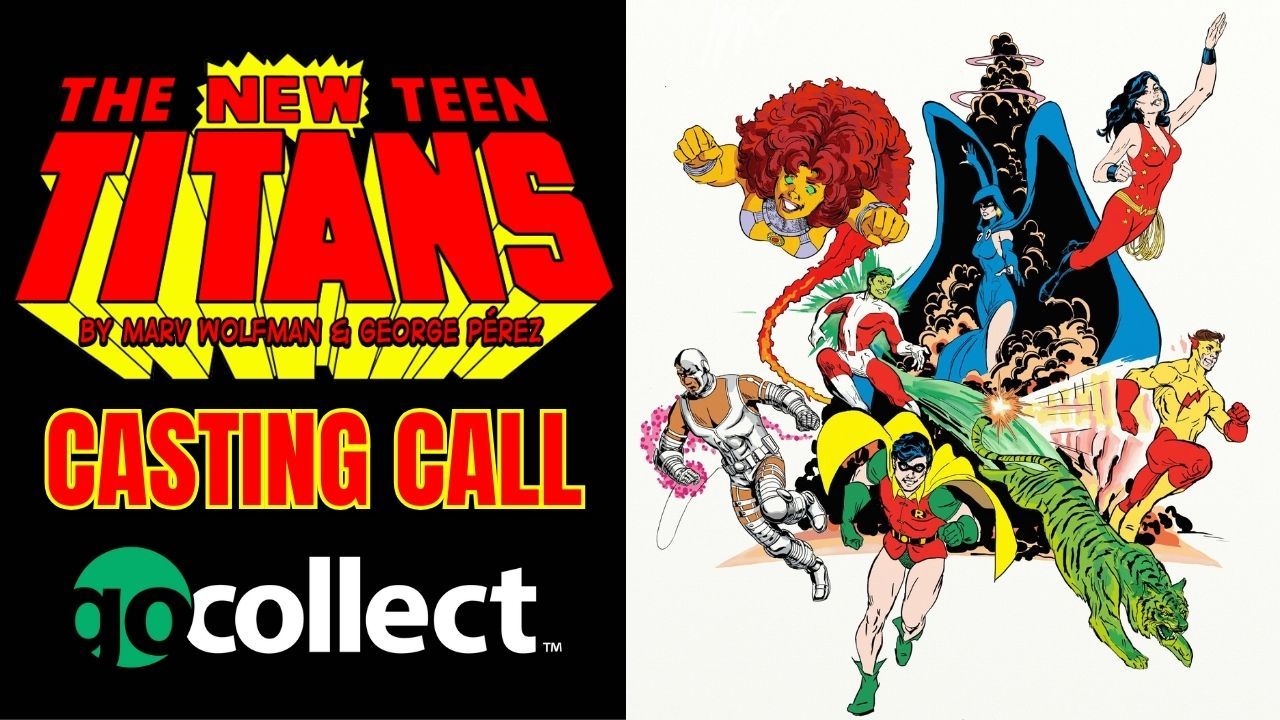
1. Think like an investor
"But I do it for the love of the game!"
Tom Brady is a player fans would either love or hate. There was no middle ground. The one thing that all could agree on was that he loved the game. That did not preclude him from also getting paid. He realized the duality of his profession in that it was a child's sport that he could also get paid for. Comic book collectors can be a stubborn bunch; often, rather than exploring new opportunities, they'll shut down and go to the mantra "I buy what I love".
That is something that can hinder collecting ability.
Profits mean different things to different people.
Many seem to believe all articles are written for investors. The belief is every article is written to advise on how to buy cheap and sell high. In actuality, only a select few articles are written that involve selling. Instead, most articles mention ignored and undervalued books are for both investors AND collectors.
Investors could potentially make a profit but collectors are turned on to books that they can buy on the cheap. This frees up capital to buy other books. Articles on "hot" books should be evaluated to see if the prices are going up or down. These again could help the collector in buying comics at a lower price. No one should ever be opposed to saving money.
2. Grades matter, even outside of school.
Be grade smart
Many comics have issues in a wide range of grades in the GoCollect database. Great deals can be found by reviewing more than the FMV. Pricing stratification exists for each grade. Certain grades may go up faster than others. Collectors should look at that data and see what grade is most cost-beneficial while still meeting the collector's goals. Many times certain grades may sell below the FMV. This may present opportunities for a collector to get two targets for the funds that were saved for one.
What reality are you living in?
Sometimes, collectors set unrealistic needs that will never ever be met. They may have a caviar craving but only are making enough for a canned tuna fish lifestyle. If a collector can only afford a 6.0 copy, then that may have to be something he accepts. At times, collectors will not make these adjustments, and this could be problematic.
A collector once had a chance to obtain a 3.5 copy of Fantastic Four #5. The problem was that this issue was aesthetically unappealing, so they let it go in an auction. Now, the copies they want are far outside his price range. Sometimes hitting the layup is an acceptable outcome.
3. The other comic book market
Remember your past
Many comic book collectors indicate they will never ever sell a comic book. That is fine, but it may limit the potential to complete a collection. Many online comic book rooms offer opportunities for collectors to trade their books. This allows both collectors to eliminate some unwanted books for more desirable ones.
This is done all the time at comic book conventions where vendors trade books that they cannot move for others that they can sell. Trading comics is one way to add a desired book while at the same time helping other collectors meet their own goals. Sadly, very few people do this.
Protect yourself
There are ways to protect oneself. Remember, if you are trading books someone may have to go first. This is an opportunity for a thief to get books and never send out the proposed trade item. Limiting the geographic distance between parties is a good way to protect yourself by handling the transaction in person. Clients have been advised that if they do this it is recommended that they do it at a police station where they can be watched.
In addition, a staggered release where people cannot be followed is also a way to be safe. Driving the long way home and watching for a following vehicle is always wise. Safety is the main objective. A collector cannot enjoy their books if they are not alive to do so, right?
4. Stop making transaction mistakes

Keep your goals to yourself
Nothing is more frustrating than watching a collector start a transaction by revealing a book that will help them complete a hole in their collection or how much they love a book. Collectors seem to take honor in that they are purchasing books for the love of the hobby.
Sellers do not care why anyone buys their books. The problem is that if a buyer tells them the reason it may impact the sale. Collectors create hostage-type situations where the seller knows how much that book is coveted and will price it accordingly. Collectors may have emotions about their books, but these feelings should never ever be part of the sales transaction.
Do not show your hand
It amazes me that any time a person goes into a car dealership and tells the salesperson that they can only afford a payment of $500, the dealer can find a finance method with a monthly payment right under that $500 mark. Other people will come in and not tell them how much they can spend and might get a better deal.
Never negotiate against yourself. Collectors will regularly be observed telling vendors at conventions how much they have to pay for a book. The more one reveals, the less room they have to negotiate.
5. Who are you?
Cannot be identified
The one area that collectors can improve is to constantly evaluate the collection. Many times, I ask collectors what they collect only to be given a very large grouping. Collectors who target Marvel books may only be interested in mutants or even mutant first appearances.
Knowing what one collects reminds the collector to always stay on target. Many do not remember, but Bally's once got out of their gaming lane and got into personal fitness gyms. The outcome was quick growth and gym domination followed by bankruptcy. Staying in the lane known best is a good strategy to avoid mistakes.
Why do I have to research the hobby?

Collectors should always be conducting research. Read every article you can to keep up to date on the hobby. Every article has some information that can be used. Sadly, most collectors rather use what they know rather than understand their opposition.
Attorneys always try to understand their opposition's arguments so that they can combat them. Collectors should know what investors and speculators are thinking. The knowledge that most speculators want to get out of movie books before they come to screen may be one reason to wait until the second week at the box office.
This may reveal motivated sellers who are more scared of being left with the book than they are of having a lower return on investment.
Plenty of fish in the sea
Option A, B, or...
Collectors often think with their hearts, which can at times distract from common sense. When bidding in an online auction, many collectors get so caught up in the game that they overbid. Always understand the game; if you are in an online bid auction on a platform like eBay you should review other like books. Getting so focused on an auction causes many a collector to overbid on an item because of FOMO.
If bidding gets too high and starts to get away from common sense, then quickly review other auctions and "buy it now" listings. Sometimes, in the heat of the battle collectors get so focused on the target they miss out on everything that is happening around them. Inattentional blindness is a real thing.
The Gambler
Knowing when to walk away from a bad deal is one of the most difficult things for anyone to do. In law school, it is taught that no deal is better than a bad one. That's because you can always find a great deal, but you must adhere to the terms of a bad one. Recently, a friend who collects X-Men characters purchased a Wolverine LS #1. The buyer said it was in a lower grade than he wanted and that he had paid more for it than he planned, but in the end, he got his target.
The question was, did he get his target? He bought a lower-grade book for more money than he planned. Instead, he could have walked away and found another copy to buy. It is not as if that book was rare and he was in a buy-it-now or never-ever situation.
Conclusion
Learn where the holes are in your collecting game. It's easy for people to be oblivious to their own defects. Once known and acknowledged, the next step is to make improvements. Do this, and your collection will thank you.
What advice would you add to this list? Let us know in the comments!







